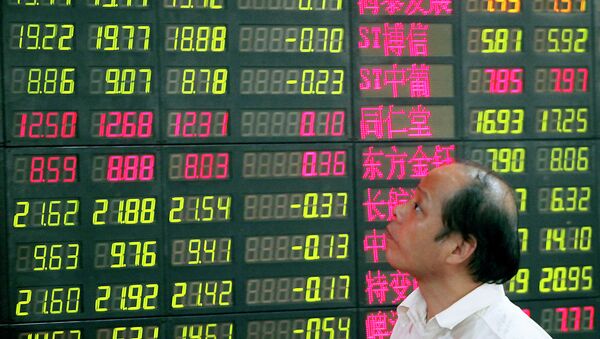In addition, customs data shows that the country's total trade volume fell 10.8 percent year-on-year in January to $334 billion US.
January exports dropped 3.2 percent to $197 billion year-on-year, while imports contracted a sharp 19.7 percent, to $137 billion, the steepest decline in five years.
China's economic experts suggest that the decline is partly the result of seasonal adjustments, including the Lunar New Year holiday, which falls in February rather than January this year. The holiday is known to be marked by higher consumption figures and lower production numbers. Other factors include falling commodities prices, including crude oil (which fell 41.8 percent over the course of last year) and iron ore (which fell 50.3 percent). An unusually high point of comparison last year, along with a crackdown on commodity financing, are believed to have played their role as well.
For comparison, December exports had risen by 5.8 percent, with imports dropping 2.4 percent for the month.
Total trade volume increased by 3.4 percent in 2014; the country hit a record $382.46 billion surplus.
The Chinese Central Bank has noted it would take measures to prevent the decline in the value of the yuan, including the continued fixing of interest rates and direct interventions. Last week the Bank announced cuts to banks' reserve ratio requirements in an effort to compensate for liquidity outflows and boost lending after data revealed on Tuesday showed a deficit of $91 billion in capital and financial accounts.



